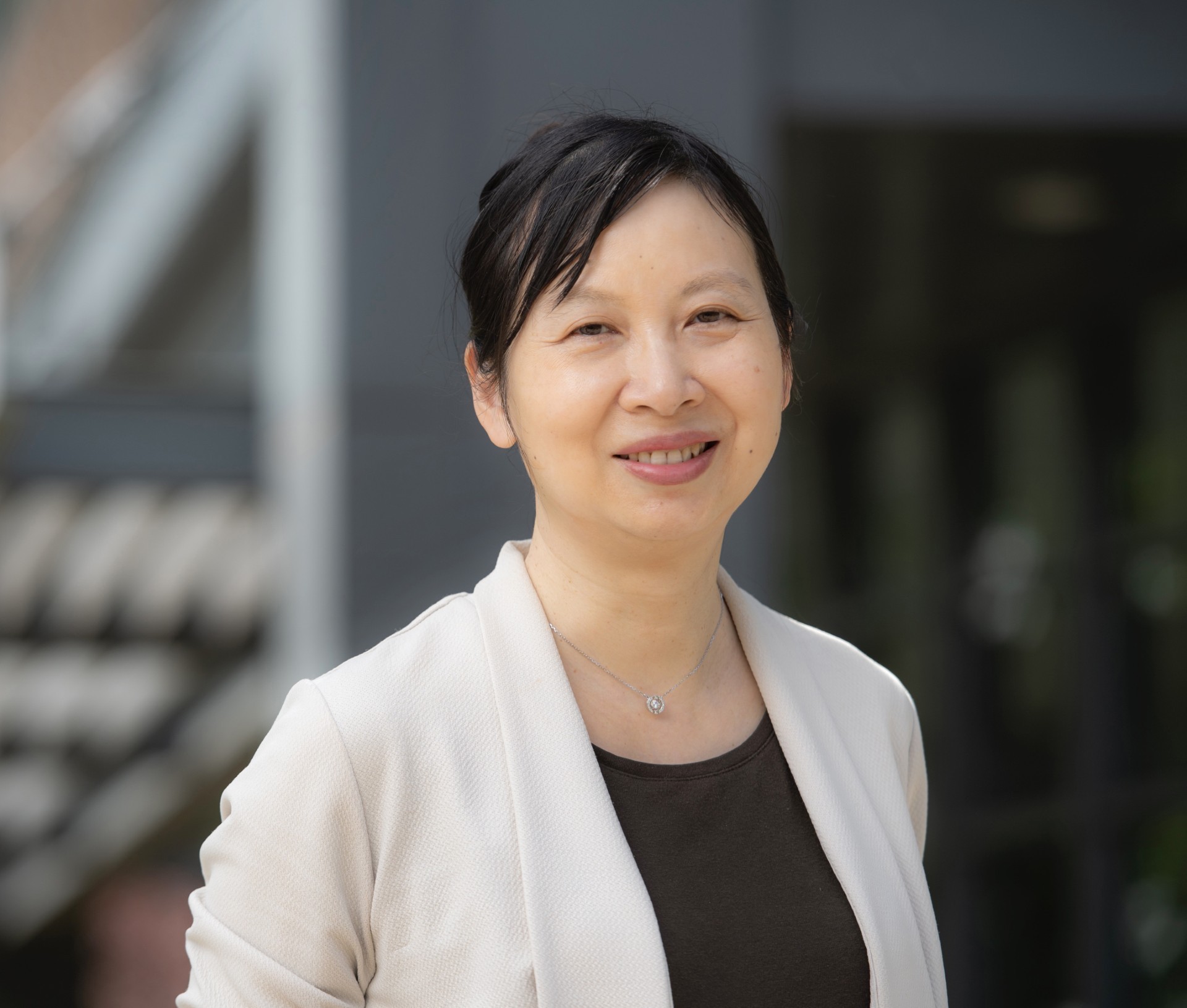
Speaker:
Prof. Yingying Chen
Distinguished Professor and Department Chair
Department of Electrical and Computer Engineering
Rutgers, the State University of New Jersey
Keynote 1: Intelligent and Secure Edge Sensing: AI Innovations, Threats, and Resilient Opportunities in Smart-X Devices
Time: 8:45-9:45am, Monday, Oct. 6, 2025
Session Chair: Ravi Prakash, University of Texas at Dallas
Abstract:
The rapid proliferation of edge, or Smart-X, devices—including IoT systems, smartphones, AR/VR headsets, delivery drones, and autonomous vehicles—has unlocked unprecedented opportunities for intelligent, on-device sensing and computing. Artificial Intelligence (AI) is the driving force behind this transformation, enabling efficient and powerful applications such as immersive AR/VR platforms, intelligent audio assistants, and real-time in-baggage threat detection. Yet, the same reliance on AI also exposes critical vulnerabilities, raising new security concerns in real-world deployment. This talk will present recent advancements in AI-enabled edge sensing and computing through hardware–software co-design and on-device AI, emphasizing methods that achieve efficient inference under resource constraints. At the same time, it will examine emerging attack surfaces—such as adversarial and backdoor attacks—that threaten the trustworthiness of Smart-X devices. Case studies in AR/VR and intelligent edge-based audio systems will illustrate both opportunities and risks. Finally, the talk will highlight forward-looking strategies, including domain-invariant modeling, that simultaneously enhance efficiency and strengthen resilience, paving the way for secure, next-generation edge sensing and computing.
Bio:
Yingying (Jennifer) Chen is a Distinguished Professor and Department Chair of Electrical and Computer Engineering (ECE) and Peter Cherasia Endowed Faculty Scholar at Rutgers University. She serves as the Associate Director of Wireless Information Network Laboratory (WINLAB) and also leads the Data Analysis and Information Security (DAISY) Lab. She is a Fellow of ACM, a Fellow of IEEE and a Fellow of National Academy of Inventors (NAI). Her research interests include Applied Machine Learning in Mobile Computing and Sensing, Internet of Things (IoT), Security in AI/ML Systems, Smart Healthcare, and Deep Learning on Mobile Systems. She is a pioneer in RF/WiFi sensing, location systems, and mobile security. Before joining Rutgers, she was a tenured professor at Stevens Institute of Technology and had extensive industry experiences at Nokia (previously Lucent Technologies). She has published 5 books, 4 book chapters and 300+ journal articles and refereed conference papers. She is the recipient of seven Best Paper Awards in top ACM and IEEE conferences. She is the recipient of NSF CAREER Award and Google Faculty Research Award. She received NJ Inventors Hall of Fame Innovator Award and is also the recipient of IEEE Region 1 Technological Innovation in Academic Award. Her research has been supported by many funding agencies including NSF, NIH, ARO, DoD and AFRL and reported in numerous media outlets including MIT Technology Review, CNN, Fox News Channel, Wall Street Journal, National Public Radio and IEEE Spectrum. She has been serving/served on the editorial boards of IEEE Transactions on Mobile Computing (TMC), IEEE Transactions on Wireless Communications (TWireless), IEEE/ACM Transactions on Networking (ToN), ACM Transactions on Sensor Networks (TOSN), and ACM Transactions on Privacy and Security (TOPS). For more information, please refer to her homepage at: https://www.ece.rutgers.edu/~yingying/.

Speaker:
Junshan Zhang
Professor
College of Engineering
University of California, Davis
Keynote 2: Smart IoT in GenAI Era: A World Model Approach
Time: 8:45-9:45am, Tuesday, Oct. 7, 2025
Session Chair: Dario Pompili, Rutgers University
Abstract:
Generative AI is revolutionizing smart IoT ecosystems by embedding reasoning and intelligent decision-making capabilities directly into physical devices and systems. Unlike traditional IoT devices that primarily collect and transmit data, embodied AI transforms passive IoT systems into active intelligent ecosystems, by enabling IoT devices to predict physical interactions and adapt their behavior based on environmental changes, user patterns, and system dynamics. In this talk I will highlight our recent research on world model based autonomous driving (AD), as an outstanding example in smart IoT ecosystems. Thanks to its inherent capacity to extrapolate and anticipate outcomes in unseen situations, world model possesses generative AI capabilities that render it particularly adept for autonomous driving tasks requiring planning and foresight. This predictive prowess and self-supervised learning capability allows AD agents to proactively plan and make decisions that go beyond the current environment. World Model’s low-dimensional latent representation allows for lightweight communication between AD agents, for better coordination to improve safety. I will also talk about CarDreamer, an open-source reinforcement learning platform we developed to integrate world model with CARLA for autonomous driving. In summary, smart IoT systems can leverage world models to maintain comprehensive representations of their operational environments, enabling predictive maintenance, intelligent resource optimization, and proactive system adjustments.
Bio:
Junshan Zhang has been a professor in the ECE Department and CS graduate faculty at University of California Davis since 2021. He received his Ph.D. degree from the School of ECE at Purdue University in Aug. 2000, and was on the faculty of the School of ECEE at Arizona State University from 2000 to 2021. His research interests fall in the general field of information networks and data science, including edge AI, reinforcement learning, world model, continual learning, wireless networks, information theory. He is a Fellow of National Academy of Inventor (class of 2024) and the IEEE (class of 2012), and a recipient of the ONR Young Investigator Award in 2005 and the NSF CAREER award in 2003. His papers have won a few awards, including the Best Student paper at WiOPT 2018, the Kenneth C. Sevcik Outstanding Student Paper Award of ACM SIGMETRICS/IFIP Performance 2016, the Best Paper Runner-up Award of IEEE INFOCOM 2009 and IEEE INFOCOM 2014, and the Best Paper Award at IEEE ICC 2008 and ICC 2017. He is currently serving as Editor-in-Chief of IEEE/ACM Transactions on Networking.